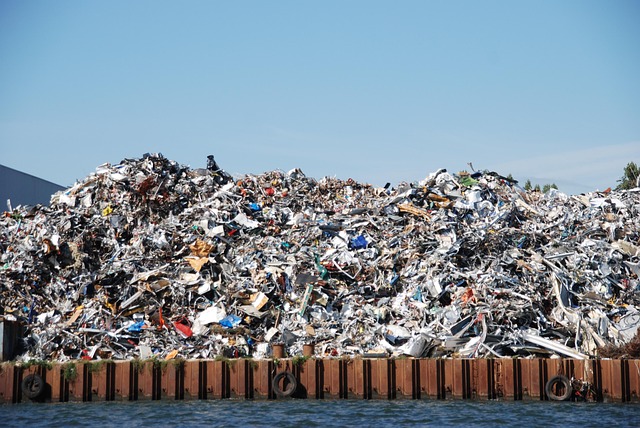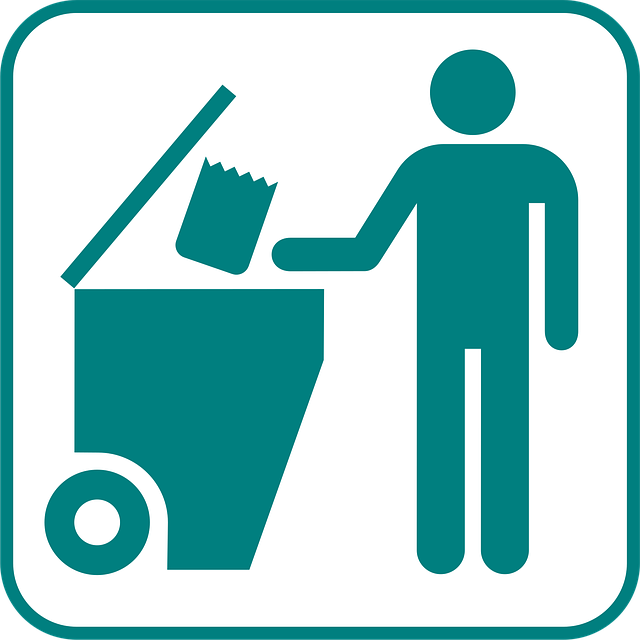Boston's commercial e-waste recycling landscape thrives through local initiatives, strict regulations, and strategic partnerships. Businesses actively participate in programs, events, and collaborations with licensed recycling centers to responsibly manage electronic waste, promote sustainable practices, and comply with environmental guidelines, focusing on a circular economy and safe handling of hazardous substances.
In Boston, managing electronic waste (e-waste) effectively is not just an environmental imperative but a legal requirement for businesses. This article delves into the intricate landscape of commercial e-waste recycling in Boston, providing insights on navigating the legal framework and implementing successful strategies. From understanding local regulations to partnering with specialized recycling centers, discover how businesses can contribute to sustainable practices and responsible e-waste management in Boston.
- Understanding Boston's E-Waste Landscape: Commercial Insights
- Legal and Regulatory Framework for Businesses
- Effective Commercial E-Waste Recycling Strategies
- Partnering with Local Recycling Centers in Boston
Understanding Boston's E-Waste Landscape: Commercial Insights

Boston’s commercial landscape generates a significant volume of electronic waste (e-waste), posing both environmental and logistical challenges. With an increasing demand for technology, businesses in this bustling metropolis are left with the task of responsibly managing their old electronics. Commercial e-waste recycling in Boston has become a critical component of sustainable business practices, as companies strive to minimize their ecological footprint.
Many local businesses are now participating in various initiatives, such as old electronics collection programs and computer disposal events in Boston MA, to ensure proper handling of their end-of-life products. These programs not only facilitate the recycling of materials like metals, plastics, and glass but also contribute to creating a circular economy by reducing the need for mining raw resources. Regular e-waste collection events in Boston offer businesses an opportunity to responsibly dispose of outdated equipment, ensuring that valuable resources are recovered and hazardous materials are handled safely.
Legal and Regulatory Framework for Businesses

In Boston, businesses dealing with electronic waste (e-waste) must adhere to stringent legal and regulatory frameworks aimed at environmental protection and sustainable disposal practices. The Massachusetts Environmental Protection Agency (MEPA) sets guidelines for managing hazardous materials, including e-scrap removal services. Commercial e-waste recycling in Boston is regulated to ensure proper IT asset recycling and to prevent harmful substances from entering the environment. Businesses are required to register and follow specific protocols when handling and disposing of electronic equipment, such as computers, servers, and mobile devices.
Additionally, local regulations require businesses to partner with licensed recycling centers open late Boston to facilitate efficient e-scrap removal services. These centers are equipped to handle various types of electronic waste responsibly, ensuring that materials are recycled or disposed of in an eco-friendly manner. By complying with these rules, Boston businesses contribute to the city’s efforts to minimize the environmental impact of e-waste and promote a greener future.
Effective Commercial E-Waste Recycling Strategies

Effective Commercial E-Waste Recycling Strategies for Businesses in Boston
In Boston, businesses have a significant responsibility to manage their electronic waste (e-waste) responsibly. One of the key strategies is to partner with reputable local computer disposal companies that offer secure and eco-friendly solutions. These companies ensure that data is securely erased or destroyed, and hardware is recycled according to environmental standards. Additionally, many recycling centers open late in Boston cater to businesses with odd working hours, making it convenient to dispose of e-waste materials.
Encouraging employees to participate actively in the recycling process can also make a significant difference. Simple measures like setting up dedicated collection points for old computers, mobile devices, and other electronic components can significantly increase the amount of e-waste recycled. Businesses should also consider hosting regular e-waste recycling events or partnering with local schools and community groups to promote awareness about responsible disposal practices. By integrating these strategies, Boston businesses can contribute to a healthier environment and set an example for sustainable commercial e-waste recycling.
Partnering with Local Recycling Centers in Boston

Many businesses in Boston are recognizing the importance of responsible e-waste management and turning to local recycling centers for solutions. Partnering with reputable recycling facilities is an effective strategy to ensure proper disposal and recycling of electronic scraps near Boston. These centers are equipped to handle a wide range of electronic waste, from computers and servers to phones and small appliances. By collaborating with them, businesses can benefit from specialized e-scrap removal services that adhere to environmental regulations.
Additionally, Boston’s recycling centers often operate with extended hours, making it convenient for businesses to drop off their electronic waste after regular office hours. This accessibility is crucial for companies aiming to streamline their e-waste management processes without causing disruptions to their operations. Such partnerships contribute to a sustainable and eco-friendly approach, ensuring that commercial e-waste is recycled or disposed of in an environmentally responsible manner.
Boston businesses have a unique opportunity to lead in sustainable practices by implementing effective e-waste management strategies. By understanding the local landscape, adhering to regulations, and partnering with specialized recycling centers, companies can contribute to the city’s environmental goals while ensuring responsible disposal of electronic waste. Commercial e-waste recycling in Boston is not just an eco-friendly choice but also a strategic decision that can bring numerous benefits, including cost savings, enhanced brand reputation, and compliance with stringent local laws.














